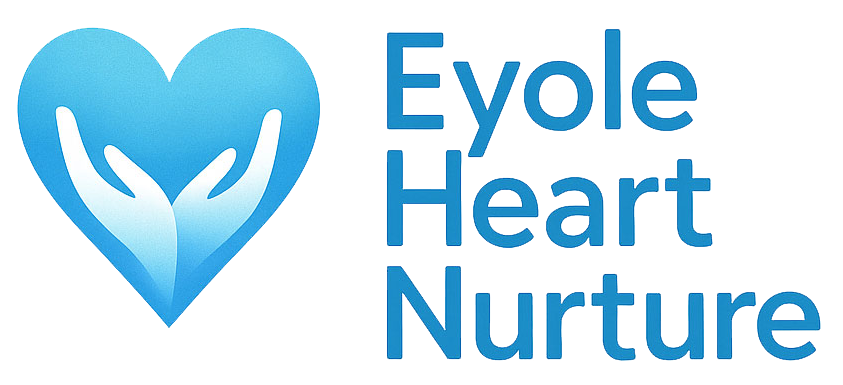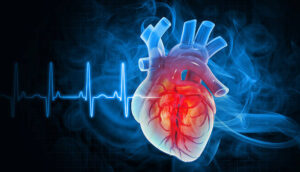Meet Sandra. Outwardly confident and successful, Sandra seemed to have it all. But inside, her heart wrestled with a hidden foe, pride. This pride subtly took root, shaping her thoughts and feelings in ways she barely noticed. It began with a growing sense of entitlement, then moved to fear and anxiety, and eventually made her isolated in her pursuit of control and recognition.
Pride’s Toll on the Heart
Pride is more than arrogance or self-focus; it can inflict profound harm on the heart, both emotionally and physically. Medically, stress and negative emotions linked to pride, such as fear and anxiety, contribute to increased cardiovascular risk. Studies show that psychological well-being, including positive emotions and optimism, can protect heart health, while toxic emotions like pride-related fear and insecurity heighten the risk of heart disease.
Spiritually, pride breeds self-centeredness, rebellion, discontentment, and fear, pulling the heart away from reliance on God and healthy relationships. It triggers a cycle of self-pity and self-contempt, fostering judgment toward others and isolating the individual from true peace and joy.
How Pride Corrupts the Heart
- Self-Centeredness: Pride makes the heart chase personal glory and control instead of self-giving love.
- Rebellion and Independence: It resists authority and community, preferring to rely solely on the self.
- Fear and Insecurity: Ironically, pride often masks deep fear and anxiety around losing control or status.
- Discontentment and Jealousy: A proud heart constantly compares itself to others and longs for more, never satisfied.
These effects mirror not only spiritual breakdown but also contribute to physiological stress, which studies link to hypertension, atherosclerosis, and increased risk of heart events.
Biblical Truths to Combat Pride
Sandra eventually found hope through Scripture and prayer. The Bible warns against pride’s dangers and offers deliverance. Jesus challenged Peter, “O you of little faith, why did you doubt?” (Matthew 14:31), exposing how pride erodes trust in God and replaces it with fear.
Next Steps
Take our free test at Eyole Heart Nurture and start your journey to a healthy heart today.
Frequently Asked Questions (FAQs)
- What does pride do to the heart?
Pride causes self-centeredness, fear, discontentment, and rebellion, increasing emotional stress and risking heart health deterioration. - Does pride come from the heart?
Yes, pride is often described biblically as a condition of the heart influencing thoughts and actions (Proverbs 16:5). - How do you know if you have pride in your heart?
Signs of pride include entitlement, fearfulness, a judgmental spirit, people-pleasing, and resistance to authority. - What are the effects of pride?
Effects of pride include damaged relationships, spiritual distance from God, emotional turmoil, and increased health risks. - How to remove pride from your heart?
Remove pride from your heart through humility, prayer, Scripture study, repentance, and relying on God’s grace (James 4:6; 1 Peter 5:5). - What are the four types of pride?
Spiritual pride, intellectual pride, social pride, and physical pride, each manifesting in different life areas [theological sources]. - How to fight against pride?
Practice gratitude, humility, confession, and service to others modeled after Christ. - What are the dangers of pride in the Bible?
Pride leads to downfall, separation from God, hypocrisy, and judgment (Proverbs 16:18; Isaiah 14:12-15). - How does pride hurt others?
Pride causes judgment, isolation, and bitterness toward others, damaging relationships. - What triggers pride?
Success, fear, insecurity, comparison with others, and self-righteousness can all trigger pride. - What is the spiritual root of pride?
Pride roots in the desire to exalt oneself above God and others (Isaiah 14:13-14).





